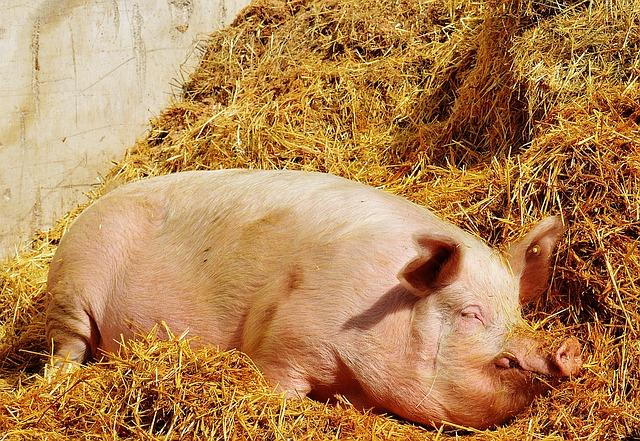Posts Tagged ‘sleeplessness’
Headaches and Sleeping
For many people, getting to sleep, or staying asleep is difficult because of headaches and, by the opposite token, lack of sleep creates headaches during the day time. Sleep is a key ingredient to overall wellness, and as such, the pursuit of restful, restorative sleep is a primary pursuit at Holmes Chiropractic. How can you begin to function for a day when your restorative hours were racked by headache and stress? It sets a tone for your life that becomes hard to manage.
As we see it, nerves exiting from the cervical spine are involved in regulating the limbic system, which is responsible for mood. A nerve interference at this level could cause fluctuations in happiness, and lead to stress, anxiety and depression. Furthermore, a nerve that is being pressed by a misaligned vertebrae could be causing pain that is referring to your head. As muscle spasms begin to accrue in the shoulders and neck, the problem becomes muddled. It is not unbelievable that a cervical subluxation could be causing your headaches that stop you from sleeping. And it is proven that not sleeping causes headaches, whether from anxiety or exhaustion.
At our office in Houston, we believe that together we can make positive impacts on your sleep health. We take everything into consideration: sleep hygiene, nutrition, ergonomics and posture, as well as chiropractic considerations that treat the spine to ensure your nerves are functioning properly. Call our office to schedule an appointment today and start sleeping right to reduce headaches.
Dr. Randall Holmes, D.C.
Nutrition for Sleeping
Sleep deficiencies are often correlated with poor diet patterns.
For example, eating too little during the day leads to eating too much at night. Conversely, eating too much during the day may leave your stomach growling as you attempt to sleep. The paradox exists: It is hard to digest a heavy meal while lying in bed, but sleeping is difficult on an empty stomach. Space out your meals so that a balanced level of nutrition is flowing into the body throughout the day.
Reduce sugar/caffeine and alcohol. Sugar especially leaves your brain at the mercy of blood sugar swings that make you hungry, which is not what you want when trying to sleep. Alcohol and restful sleep is a cocktail that was never meant to be: while a healthy buzz may induce sleep, it disrupts REM sleep, leaving you drowsy the next day.
Clean fats and proteins are good things to eat at night because your body will have a stable flow of energy that does not bend to the whim of blood sugar. Protein helps your muscles and immune system repair during deep sleep.
Before bed: something soothing
- A cup of warmmilk for vitamin b and tryptophan effects
- 6 oz of hot water and a teaspoon of honey
- A cup of chamomile tea.
Do not sabotage your sleep by eating poorly. Call our office in Houston at 713-862-2440 to schedule an appointment and find out how we can use nutrition to get you a better night’s sleep.
Dr. Randall Holmes, D.C.
Restless Sleep
Successful sleep means falling and staying asleep and, while asleep, deriving the restorative benefits that sleep has to offer: a productive period of rest and recovery that boosts everything from physical and mental fitness to well-being and mood.
When we treat people who are suffering from sleep problems, it is easy to diagnose a systemic pattern of external and internal causatives that have led to their sleepless condition. So we begin with the basics: a conversation to determine what kind of life you lead and how it may impact your sleeping ability.
Here is a standard daily itinerary that precipitates a sleepless night:
- Wake up from a restless night with a stiff neck.
- Preparation for a busy day begins with coffee, your morning stimulant.
- Blaze through a day of work, balancing the ups and downs, exerting your brain and accumulating stress.
- Eating is a secondary consideration to work, so your body does not receive anything close to the full nutrition it needs.
- A couple of hours of television before bed keeps the brain buzzing and active.
- Falling asleep on an ill-fitting pillow, perpetuating the neck pain.
As you can see, restless sleep is viciously cyclical. If your life involves even one of the factors mentioned above, it could be perpetuating a pattern of sleeplessness that is harming your quality of life. If you are trapped in this cycle, do not despair: better sleep is possible.
From a chiropractic angle, the upper neck region is the most coalescent with the sleep center of the brain. Keeping this region free of subluxation allows the nervous system to contribute to a healthy night’s sleep. We offer lifestyle counseling to help you identify counterproductive activities and reduce stress.
Call our office in Houston at 713-862-2440 to schedule an appointment today.
Dr. Randall Holmes, D.C.
